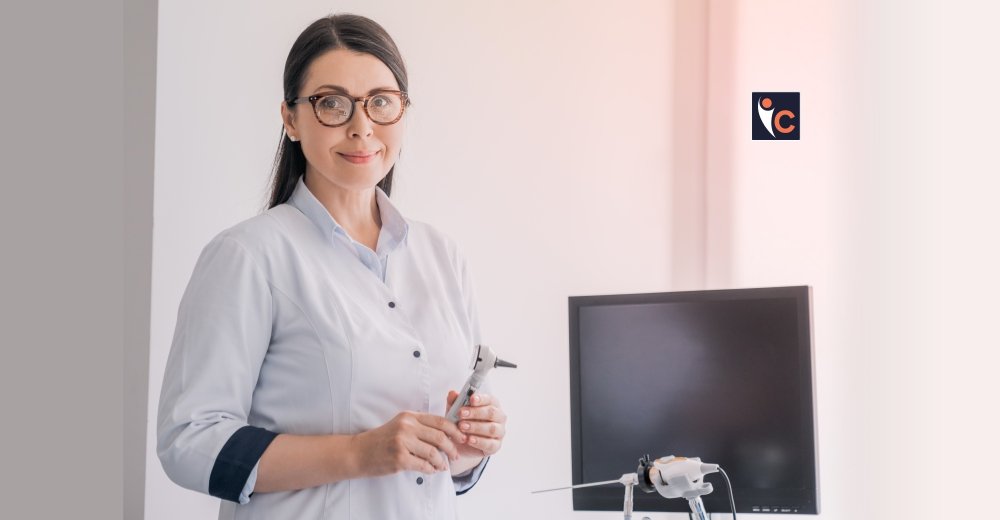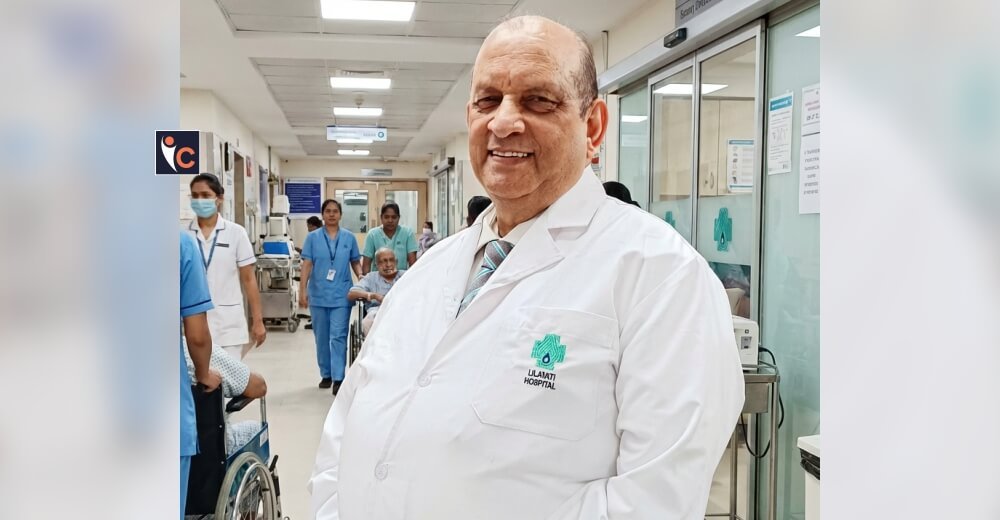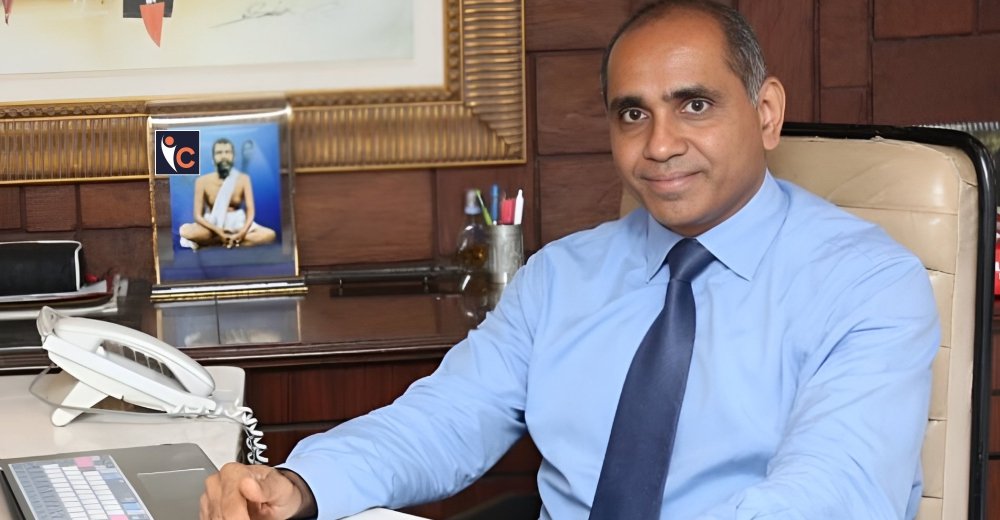Too often, healthcare feels like something people have to chase—appointments missed, records misplaced, care delayed when it matters most. Viren Aggarwal believes it shouldn’t be that way. As Chief Operating Officer of MyDigiRecords, he is helping reshape healthcare into something more immediate, more connected, and more humane.
For Viren, the solution isn’t just about going digital—it is about creating systems that simplify care, build trust, and give people control over their health information. Under his leadership, MyDigiRecords is building technology that meets people where they are. Whether it’s a school nurse in a remote village accessing a child’s vaccination history with a click, or a parent tracking family medical records from their phone, the goal is the same: remove barriers and make healthcare seamless.
Viren’s work is about more than operational efficiency. It is about shifting mindsets and building systems that are both scalable and sensitive to real-world needs. He collaborates closely with government bodies, healthcare providers, and technology teams to create solutions that work in hospitals, clinics, and homes alike.
At the heart of his leadership is a simple idea: progress in healthcare isn’t just measured in numbers, but in moments—when a life is saved because data was available in time, or when a patient feels seen and supported. Viren is leading this transformation, ensuring healthcare works not just faster, but better, for everyone.
Let’s delve into the interview details below!
Tell us about your journey — what led you to the healthcare industry and eventually into the COO role?
My journey into healthcare wasn’t born from industry tradition—it was born from urgency and conviction. While leading diagnostic service expansions at Prudent Rad across India, America, Africa, and the Middle East, I witnessed the silent crisis: people left behind not because of a lack of doctors, but because of broken systems and missing data. That changed everything for me.
I didn’t want to simply optimize processes—I wanted to build something that gave people control over their health. That led to the birth of MyDigiRecords. As COO, my mission is clear: to lead a platform that reimagines how healthcare is accessed, experienced, and delivered—digitally, equitably, and at scale.
How has your leadership philosophy evolved over the years, especially in navigating the complexities of healthcare operations in India?
India’s healthcare system is layered, fragmented, and often difficult to navigate. That complexity taught me that leadership here isn’t about authority—it’s about alignment. Over the years, I’ve evolved from leading through strategy to leading through shared purpose.
What works in a tier-1 city hospital won’t work in a rural school clinic. That’s why I lead by listening first—especially to patients, public health officials, and frontline staff. My role is to connect the dots between policy, technology, and people, ensuring that every solution we implement is not just efficient—but empathetic and inclusive.
What have been the most significant operational challenges in the past year, and how did you and your team address them?
One of the most pressing challenges was transforming skepticism into trust. Many institutions were hesitant to shift from legacy paper-based systems to digital platforms. But we approached this not as a tech transition, but as a behavioral and human journey.
We embedded OCR-based tools to simplify data entry, designed onboarding journeys that required minimal training, and engaged directly with government departments to align with the Ayushman Bharat Digital Mission. Our success wasn’t just in rolling out systems—it was in changing mindsets, building trust, and demonstrating real-world value through measurable impact.
Can you share a specific initiative or project under your leadership that has had a measurable impact on patient care or hospital performance?
One of the most meaningful initiatives I’ve led is the digitization of student health and immunization records across NGOs and schools. For thousands of children, especially in rural areas, this marked the first time their health records were securely stored and accessible—not just by hospitals, but by institutes and their parents in real time.
This simple but powerful initiative is already improving vaccination rates, reducing preventable illness, and giving public health teams real-time insight to act faster. It’s a scalable model that has the potential to redefine how child health is managed in developing economies.
With technology transforming healthcare, how are you leveraging digital tools or data to improve operational efficiency and patient outcomes?
We’re not just using technology to digitize—we’re using it to humanize healthcare. At MyDigiRecords, our flagship innovation is SmartVitals, a revolutionary feature that uses facial scanning technology to estimate vital health parameters like blood pressure, heart rate, oxygen saturation, and HbA1c—within seconds.
It doesn’t stop there. We’re building mental health indicators into the same flow, offering a holistic, real-time health snapshot with zero friction. For patients, this means proactive care. For providers, it means better decision-making. And for the healthcare system, it means fewer emergencies, earlier interventions, and a shift from reactive to preventive healthcare.
This is not just digital transformation—it’s a redefinition of care delivery.
Talent retention and culture are critical. How do you ensure alignment between clinical staff, administration, and leadership in a high-pressure environment?
We’ve built a culture where everyone knows why their work matters. From engineers to clinical advisors, every team member sees the impact of what they do—on a child’s health record, a doctor’s dashboard, or a mother accessing prescriptions on her phone.
We co-create with users, ensure our clinical and tech teams collaborate closely, and maintain constant feedback loops. In high-pressure settings, clarity of mission and shared ownership keeps us aligned. Culture isn’t a perk—it’s our foundation. And purpose is the glue that binds it all together.
How do you see the role of a healthcare COO evolving in the next 3–5 years, especially in the Indian context?
The healthcare COO of the future won’t just oversee operations—they’ll architect ecosystems. In India, where healthcare is undergoing a digital revolution, COOs must lead interoperability strategy, tech integrations, data ethics, and cross-sector collaboration.
We’ll have to be fluent in policy, agile in tech, and deeply aware of on-ground realities. The COO role will sit at the intersection of healthcare access, equity, and innovation—and the decisions we make will shape the very infrastructure of care for millions.
What advice would you offer to emerging leaders aiming to make a meaningful impact in healthcare operations?
Lead with conviction and compassion. Fall in love with the problem, not the solution. Go beyond the boardroom—spend time in clinics, in schools, in the homes of the people you serve. The insights you gain will be more powerful than any metric.
Don’t be afraid of slow progress—be afraid of progress without purpose. And above all, remember: in healthcare, the impact isn’t just measured in profits or users—it’s measured in lives changed, suffering reduced, and dignity restored.





